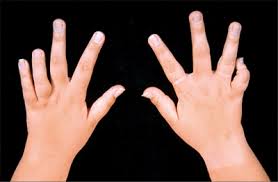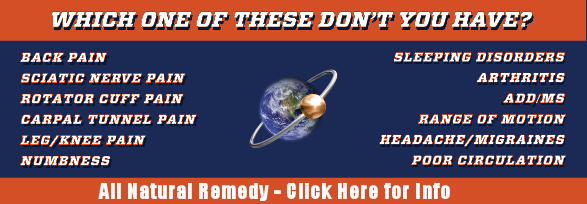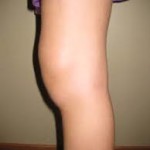 Formally called Juvenile Rheumatoid Arthritis, juvenile arthritis is only described in children under the age of 16. Only in the last 10 years has the word “rheumatoid” dropped from the name. This was done as it was essentially a misnomer. Juvenile arthritis is not a disease process similar to rheumatoid arthritis, but different. Juvenile arthritis also has several other names such as juvenile idiopathic arthritis, juvenile chronic arthritis and childhood arthritis. And, just as the generic term ‘arthritis’ refers to over 100 different medical conditions, juvenile arthritis is actually a collection of three different diseases that are arthritic in nature.
Formally called Juvenile Rheumatoid Arthritis, juvenile arthritis is only described in children under the age of 16. Only in the last 10 years has the word “rheumatoid” dropped from the name. This was done as it was essentially a misnomer. Juvenile arthritis is not a disease process similar to rheumatoid arthritis, but different. Juvenile arthritis also has several other names such as juvenile idiopathic arthritis, juvenile chronic arthritis and childhood arthritis. And, just as the generic term ‘arthritis’ refers to over 100 different medical conditions, juvenile arthritis is actually a collection of three different diseases that are arthritic in nature.
One of these three disease conditions included under the umbrella term of juvenile arthritis will affect one in every 1000 children in the United States. These children often suffer from pain, stiffness and swelling that will last longer than six weeks and cannot be attributed to an injury or any other illness. In some cases, juvenile arthritis will initially present after an injury but researchers have found that these injuries are not the cause, only the trigger.
And, while researchers are aware of some of the instances which trigger the onset of juvenile arthritis, they have not found a definitive cause. Presently, researchers believe that there are no genetic factors for juvenile arthritis since it does not run in families and it doesn’t appear that mothers pass it to their children. How the disease will progress appears to be well known but the ‘Why’ continues to be a mystery.
Because a definitive cause cannot be identified this also does not allow researchers or physicians to identify a single symptom or test that will diagnose juvenile arthritis, a preventative measure to stop it from developing or a curative treatment protocol. In terms of diagnoses, physicians will use a combination of blood tests and x-rays to rule out other diseases, such as rheumatic fever. They also use these tests to gauge the extent of the disease which helps them to more accurately plan the treatment protocol.
The most qualified specialists to treat children who present with arthritis are Rheumatologists. This is a subspecialty of physician who has more years of special education, testing and continuing education which qualifies them to diagnose and treat diseases that cause inflammation in the musculoskeletal system and other bodily organs.
Children who suffer from juvenile arthritis are usually diagnosed in the first six months following the onset of any symptoms. Pauciarticular arthritis is the most common of the forms of juvenile arthritis and accounts for approximately one half of all the cases diagnosed. (1) This condition will affect four joints or less, affects more girls than boys, and it is usually diagnosed by the age of four. Some of these children will also develop inflammation in the eyes from the disease which can lead to blindness if it is not treated appropriately. (2)
References:
(1) British Medical Journal: Pauciarticular Juvenile Rheumatoid Arthritis: Clinical and immunogenetic Aspects
http://ard.bmj.com/content/38/Suppl_1/79.full.pdf
(2) Journal of Pediatrics: Joint Distribution at Presentation in Children with Pauciarticular Arthritis
http://www.ncbi.nlm.nih.gov/pubmed/10228303
(3) American Family Physicians: Diagnostic Approach to Polyarticular Joint Pain
http://www.aafp.org/afp/2003/0915/p1151.html
(4) The Merck Manual: Polyarticular Joint Pain
(5) National Institute of Arthritis and Musculoskeletal and Skin Diseases: Questions and Answers about Juvenile Arthritis
http://www.niams.nih.gov/Health_Info/Juv_Arthritis/default.asp
| Advertisement | |
 |
|



Leave a Reply